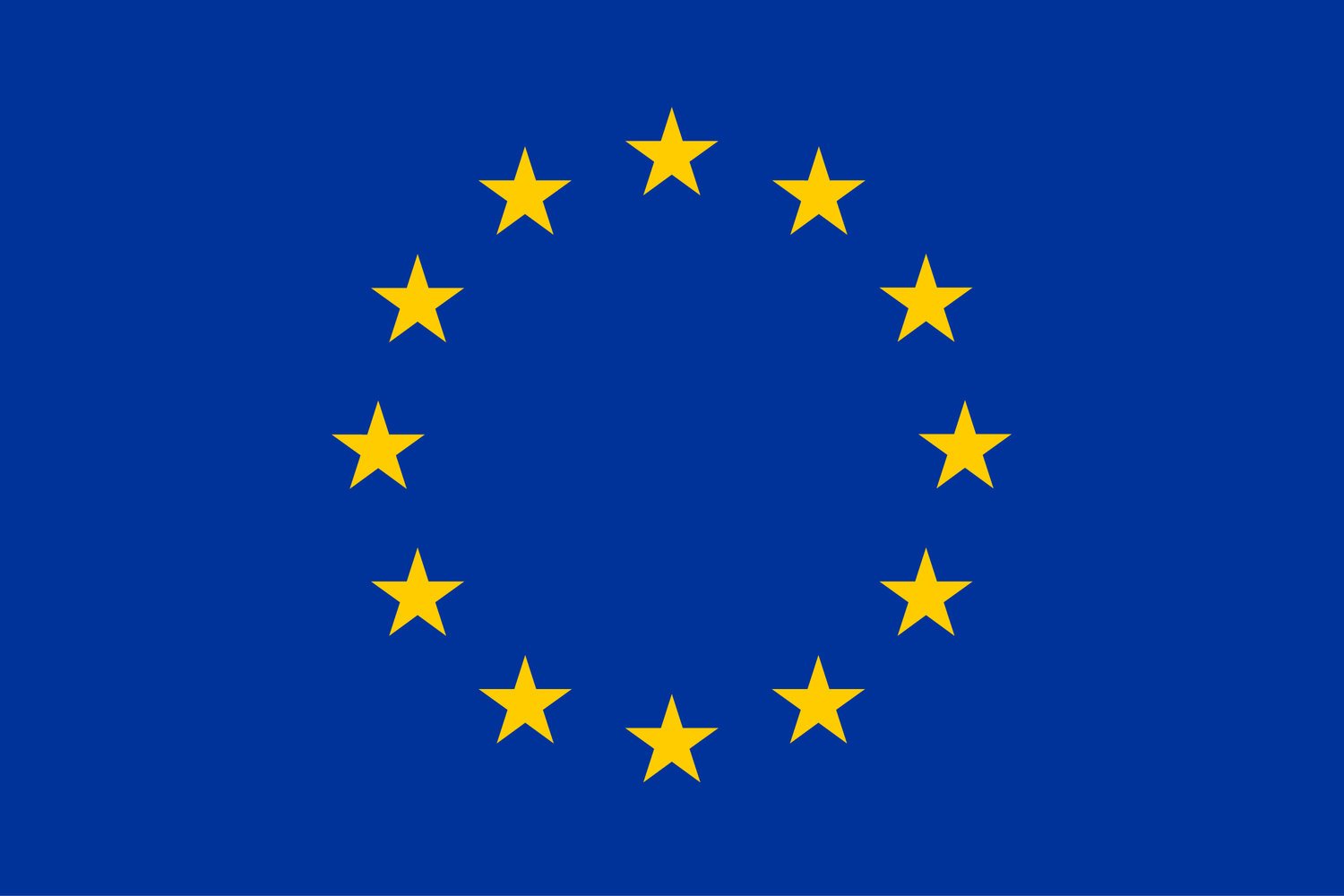GAMER
CONQUERING FOSSIL-BASED HYDROGEN WITH HIGH-TEMPERATURE ELECTROLYSIS
Carbon Recycling International (CRI) is part of a consortium of European industrial partners and research organizations awarded a 3 million EUR grant under the EU Horizon 2020 Research and Innovation programme to develop a new type of high-temperature electrolyzer with superior efficiency, using a novel solid electrolyte.
Initial work on the development of the innovative Tubular Proton Ceramic Electrolyzer technology was carried out by the consortium in the ELECTRA project that ended in 2017. In the second phase, entitled GAMER, promising results from ELECTRA will be exploited to design, build and operate a prototype device over a period of 2000 hours. The GAMER consortium will also build advanced computer modelling and simulation tools, enabling the consortium to explore alternative designs to take further steps towards introducing this electrolyzer technology to the market, and by doing so, create a breakthrough in the field.
Hydrogen electrolyzers are used to decompose water into oxygen and hydrogen gas by passing an electric current through water. Total energy demand drops considerably when water is shifted from liquid to gas phase and development of high-temperature electrolysis has therefore received continuing attention. Higher operating temperatures, removal of water vapor from the hydrogen, instability and thermal stress remain significant challenges for the development of high-temperature electrolyzers. The Proton Ceramic Electrolyzer design aims to overcome these challenges. The Proton Ceramic Electrolyser will be thermally coupled to waste heat sources in industrial plants. The combination of the novel design and efficient heat integration will enable the system to achieve significantly higher combined electrical and heat efficiency than current alternatives. The Proton Ceramic Electrolyzer technology could enable industrial producers to reduce energy consumption in renewable hydrogen production, providing an even more competitive and environmentally sound alternative to the traditional fossil energy-based hydrogen production method.
Key facts
3 million EUR Horizon 2020 grant
High-temperature operation
Novel electrolyser design and efficient heat integration
Superior efficiency to make green H₂ generation more viable
Project completed in 2022
This project has received funding from the Fuel Cells and Hydrogen₂ Joint Undertaking under grant agreement (number 779486). This Joint Undertaking receives support from the European Union's Horizon 2020 research and innovation programme, Hydrogen Europe and Hydrogen Europe research





